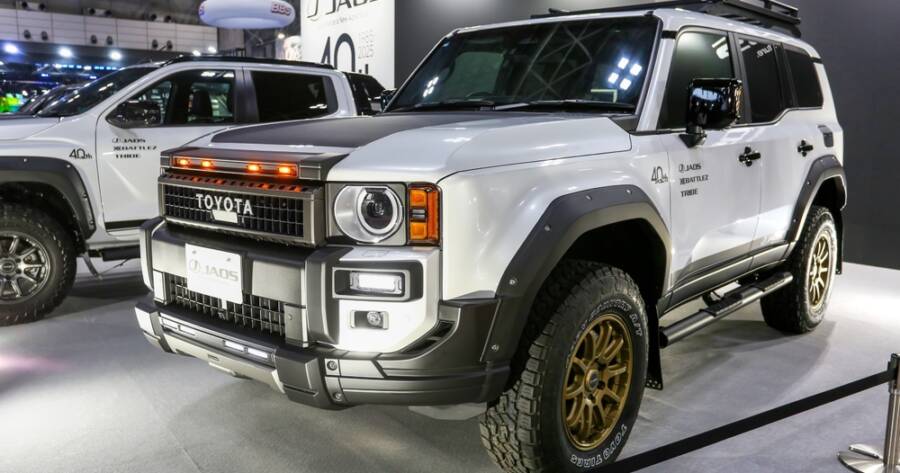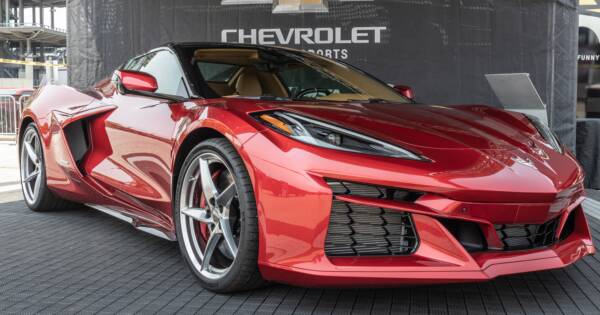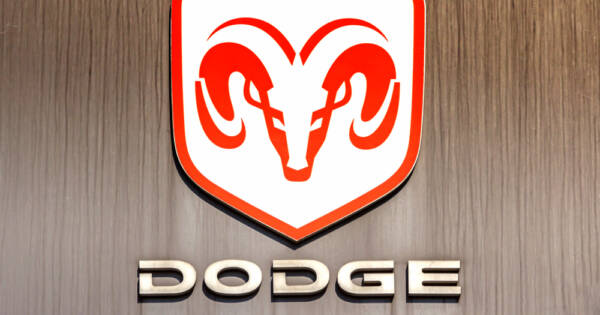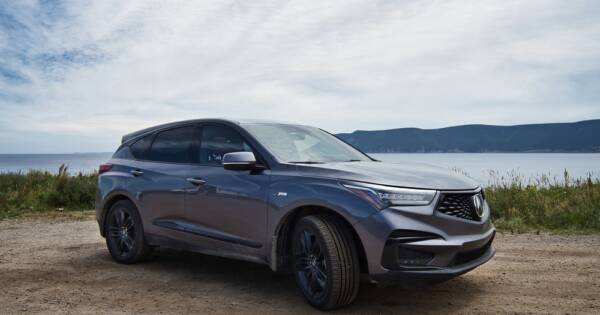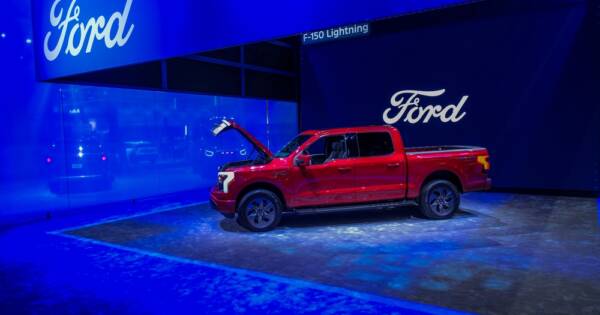Key Takeaways
- BMW, Toyota and Hyundai are just some of the manufacturers that have discontinued cars for 2022.
- Streamlined car lineups could be a temporary measure caused by recent production issues.
- Manufacturing delays are still an issue for many manufacturers.
A global chip shortage is still affecting car manufacturers and making it difficult for consumers to buy certain cars. Manufacturers have responded by revising the trims they offer on certain vehicles and streamlining their offerings. It’s normal for manufacturers to discontinue models after a few years, but 2022 has seen some popular vehicles disappear from showrooms. Some models may be gone permanently; others are likely to make a return when things calm down.
The End of an Era for These Models
BMW, Toyota, Kia and Mazda are just a few of the manufacturers that have trimmed down their offerings for 2022. Some discontinued vehicles are being dropped due to declining sales. Others may be the victim of supply chain issues or simply a desire to cut complexity as manufacturers try to fill orders for the most popular vehicles first. Whatever the motivation, if you want to take home one of these vehicles, you’ll need to act quickly before stocks run out.
1. BMW M2
The BMW M2 went out of production in June 2021, and there’s no 2022 model. It’s expected to make a comeback in 2023, with the refreshed version featuring a retuned version of the M3’s engine. The refreshed M2 will also have a variety of cosmetic tweaks, making for a more imposing and confident appearance.
Drivers can choose from an automatic or a six-speed manual gearbox. There are several performance packages to choose from in the 2023 M2, with even the least costly package having an electronically limited top speed of 155 miles per hour.
2. BMW i3
The BMW i3 electric hatchback attracted some dedicated fans over the course of its relatively short life span. However, it had an unimpressive range compared to lower-cost rivals, such as the Chevrolet Bolt or Kia Niro EV.
While a short range is acceptable for more budget-friendly vehicles, luxury buyers expect more, and it’s likely the i3’s meager battery range may have hastened its demise. It’s unclear whether BMW has plans to introduce a spiritual successor to this quirky hatchback.
3. Jeep Grand Cherokee SRT
The Jeep Grand Cherokee range is still going strong. However, the 2022 range has some notable omissions, including the SRT. This 475-horsepower model could be seen as redundant considering the existence of a relatively similar Dodge Durango.
Jeep may have plans to introduce a new electric Grand Cherokee that occupies a similar space in the market to the outgoing SRT. But that won’t be hitting the market in 2022, so the buying window is closing for those who appreciate the SRT’s horsepower and torque.
4. Hyundai Ioniq Electric
The Hyundai Ioniq’s electric model already had limited availability, being sold in just 11 states. It’s not surprising, then, that the company has decided to pause production in favor of the Kona, which offers a much longer range.
The Hyundai Ioniq hybrid and plug-in hybrid models are still available, and the company has also introduced the new Ioniq 5 electric SUV. The longer range and SUV styling mean the Ioniq 5 is likely to be a big hit in the U.S. markets.
5. Kia Sedona
The Kia Sedona minivan is no more. Enter the Kia Carnival. The Sedona brand name has been associated with Kia for 20 years, so it’s going to be missed by enthusiasts.
The Carnival is the spiritual successor to the Sedona in terms of both appearance and features, making it well worth a look if you’re seeking a minivan with ample driver assistance and safety features. It’s also spacious and comfortable and packed with high-tech entertainment options.
6. Lotus Evora GT
British car manufacturer Lotus has halted production on the Evora GT. This powerful, Toyota-engine-powered vehicle was much loved by those who preferred the manual driving experience.
While the Evora name may be gone for now, the upcoming Lotus Emira takes a lot of inspiration from the Evora GT. The Evora’s 3.5L supercharged V6 engine will make an appearance as an option at the top of the range for the Emira. However, this forthcoming super car’s look will be more reminiscent of the Evija.
7. Mazda 6
The Mazda 6 has been a popular model for some time thanks to its practicality and reasonable fuel economy. The mid-size sedan was arguably due for a facelift, however, as it lacked a hybrid trim, and while the performance was good and reliable, it was hardly noteworthy.
Mazda is giving this old favorite at least a year off, but it’s a firm favorite to be back on forecourts in the next couple of years, likely with a new engine and hybrid options.
8. Nissan NV
Nissan has stepped away from the full-size van marketplace in America, signaling the end of the road for the Nissan NV. This van occupied a similar space in the market to the Ford Transit, Ram ProMaster and Mercedes Benz Sprinter.
While it earned some popularity for being built in Mississippi, that wasn’t quite enough for it to carve out a niche in such a competitive marketplace. Nissan is focusing on other territories instead as well as the more general car marketplace, and that’s likely to be a long-term decision.
9. Porsche Macan Turbo
The Porsche Macan Turbo won’t be seeing a 2022 release. However, the Porsche Macan line still lives on. The Macan GTS has received a 2022 refresh, making it more powerful and giving it many of the most desirable features of the Turbo.
If you’re seeking the stylish appearance, Porsche performance and high-tech cockpit of the Macan Turbo, you’ll find everything you’re looking for in the GTS version, with plenty of personalization options and different finishes available to make it your own.
10. Toyota Land Cruiser
The Toyota Land Cruiser has been a household name for decades and is a dependable, reliable off-roader. Toyota has made the decision to stop selling Land Cruisers in the United States. Other territories will be seeing a new generation of Land Cruiser in the form of the 300 Series, but this won’t be available for American motorists.
It’s possible there will be a Lexus model that occupies a similar space in the market, but the much-loved Land Cruiser name is gone. Toyota claims it won’t be bringing it back, but there are many off-road enthusiasts who very much hope otherwise.
End-of-the-Line Cars Can Still Be a Good Buy
While the above cars won’t be getting new editions after 2022, that doesn’t mean they’re a poor investment. Many of the above vehicle lines are long standing ones, so finding spare parts in a few years’ time won’t be an issue. Other manufacturers, such as Toyota, offer long warranties. These vehicles being discontinued doesn’t impact on their quality or reliability.
Rather, the news should be viewed as notice that if you’re looking to buy new, this is your last chance. Of course, it’s highly likely some of the more popular discontinued cars could see a “spiritual successor” once issues with chip supplies and manufacturing subside.
